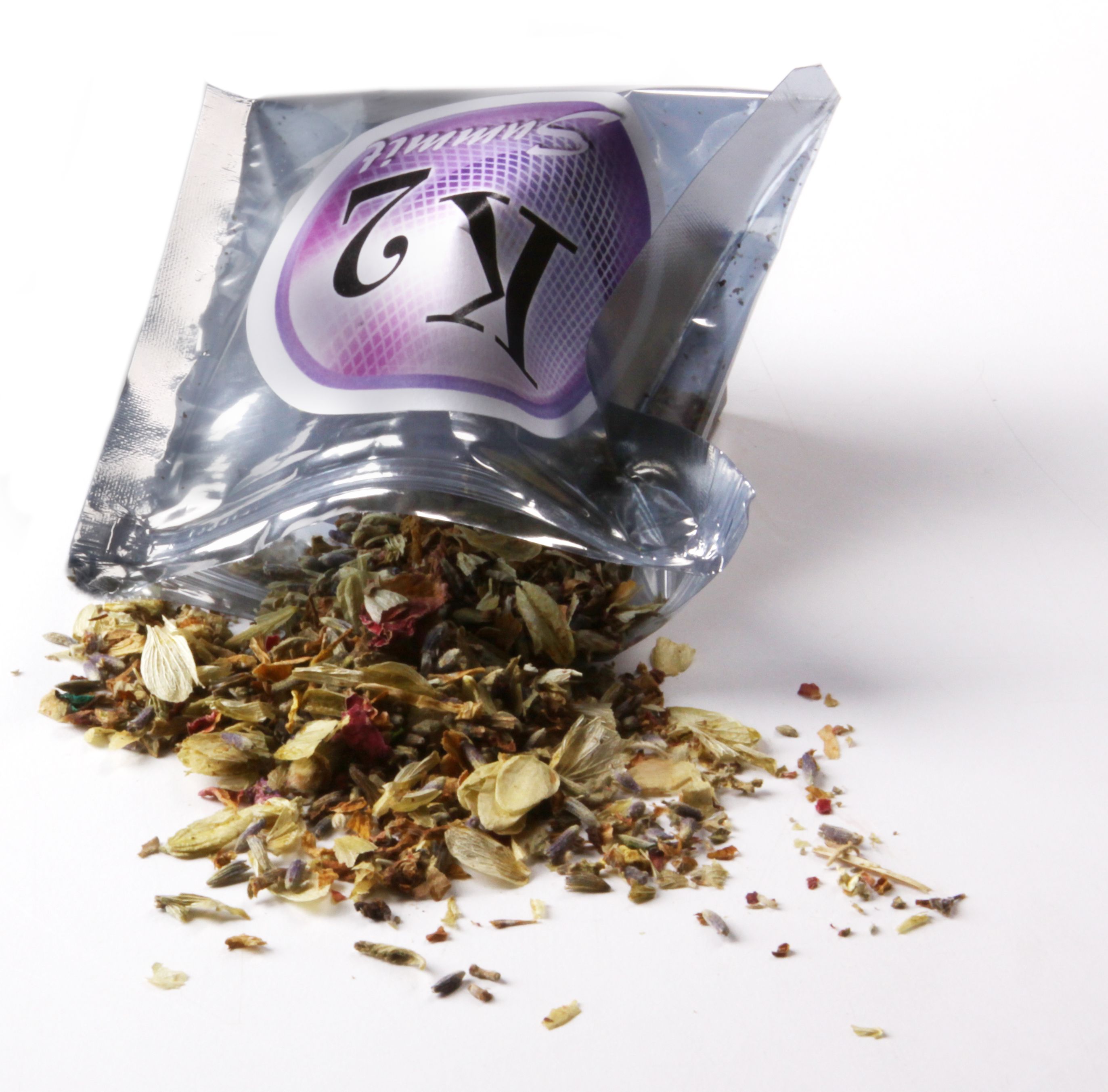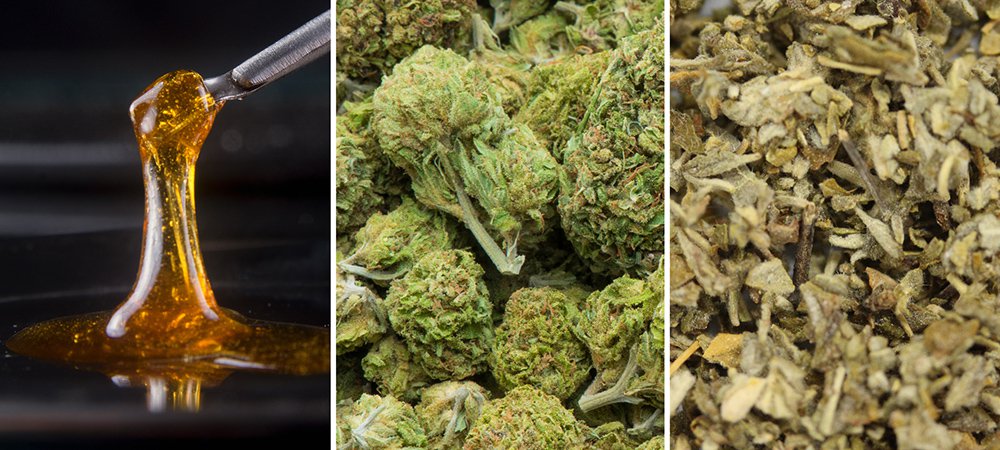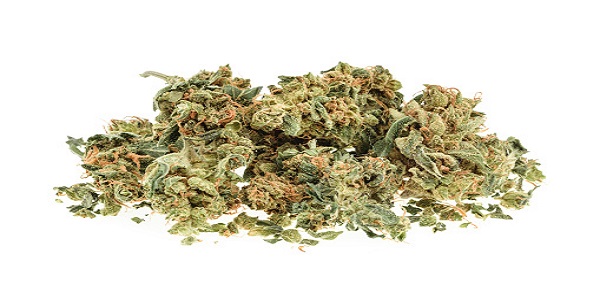Examining the Promising Applications and Positive Effects of Seasoning as an Artificial Cannabinoid
In the last few years, the expedition of synthetic cannabinoids, particularly Spice, has stimulated interesting discussions within the clinical and clinical areas. The possible applications and influences of Seasoning in various therapeutic settings have drawn attention for their distinct buildings and results on the body. As research study delves much deeper right into this synthetic compound, discovering its resemblances and variations with natural cannabinoids, a nuanced understanding of its advantages and difficulties arises. This discussion aims to clarify the promising avenues that Seasoning presents in the realm of healthcare and health, motivating a reevaluation of standard techniques to cannabinoid-based therapies.
Therapeutic Possible of Flavor
Checking out the therapeutic possibility of Flavor, a synthetic cannabinoid, entails a critical exam of its pharmacological residential or commercial properties and potential clinical applications. Spice, additionally referred to as synthetic marijuana, interacts with the endocannabinoid system in a manner comparable to natural cannabinoids, such as those discovered in cannabis. This communication causes various physical effects that have actually sparked rate of interest in its therapeutic opportunities.
Researches have suggested that Seasoning may have prospective as an analgesic, assisting to alleviate discomfort in problems such as neuropathic discomfort or chronic inflammatory pain - Buy K2 Paper For Sale. In addition, its communication with cannabinoid receptors provides a chance for discovering its usage in handling signs and symptoms of conditions like numerous sclerosis or chemotherapy-induced queasiness and throwing up

Pain Administration Perks
Seasoning, an artificial cannabinoid, exhibits promising potential hurting management because of its analgesic properties and communications with the endocannabinoid system. The analgesic homes of Flavor originate from its capacity to regulate discomfort perception paths, using remedy for numerous sorts of discomfort, consisting of neuropathic, inflammatory, and nociceptive discomfort. By targeting the endocannabinoid system, Seasoning can control discomfort signals, lower swelling, and relieve pain linked with chronic discomfort conditions.
Studies have revealed that Seasoning can effectively lower discomfort strength and boost discomfort resistance in preclinical versions of pain. This synthetic cannabinoid has demonstrated efficiency in taking care of pain symptoms without causing substantial damaging impacts frequently connected with conventional pain medicines. Furthermore, Flavor reveals possible in reducing opioid reliance and misuse, supplying a safer alternative for pain administration.
Neuroprotective Properties
Artificial cannabinoids like Spice have actually been increasingly identified for their prospective neuroprotective homes in minimizing neuronal damage and promoting brain wellness. Researches suggest that these compounds might offer neuroprotection with numerous mechanisms, consisting of antioxidant results, anti-inflammatory residential or commercial properties, and inflection of neurotransmitter release. By connecting with the endocannabinoid system in the brain, synthetic cannabinoids can manage neuronal task and potentially reduce the effect of neurodegenerative conditions or injuries.
One trick aspect of the neuroprotective residential properties of Flavor is its capacity to modulate excitotoxicity, a procedure where too much excitement of neurons results in cell damages or death. By managing neurotransmitter release and wetting excitotoxic signaling paths, artificial cannabinoids might help protect nerve cells from hazardous overstimulation. Additionally, the anti-inflammatory results of Spice might reduce neuroinflammation, which is typically implicated in different neurological disorders.
Relative Evaluation With All-natural Cannabinoids
In comparing the neuroprotective buildings of synthetic cannabinoids like Spice with those of all-natural cannabinoids, her response a nuanced evaluation of their respective impacts on neuronal health and wellness is crucial. All-natural cannabinoids, such as those found in the cannabis plant, you could look here have actually been extensively examined for their neuroprotective results. These compounds communicate with the endocannabinoid system in the body, which plays an essential duty in maintaining neuronal function and safeguarding versus neurodegenerative conditions.

Governing and Ethical Considerations
Considering the potential implications on human health and wellness and health, an examination of regulatory and moral considerations bordering making use of artificial cannabinoids contrasted to all-natural cannabinoids is crucial. Artificial cannabinoids, like Flavor, existing one-of-a-kind obstacles because of their commonly unidentified chemical compositions and potency variants. Regulative bodies encounter the overwhelming job of staying on par with the quick emergence of new synthetic cannabinoid compounds, which can make it hard to implement regular and effective laws.

To deal with these regulatory and honest difficulties, policymakers must prioritize study right into the long-term effects of artificial cannabinoids and develop clear standards for their manufacturing, sale, and use. Education and learning campaigns are important to notify the public regarding the threats connected with synthetic cannabinoids and promote liable usage practices. By taking positive measures, culture can better protect versus the possible injuries postured by synthetic cannabinoids while upholding ethical requirements and safeguarding public health and wellness.
Final Thought
In verdict, the investigation into the healing capacity of spice as a synthetic cannabinoid has shown appealing results in discomfort monitoring and neuroprotection. Overall, the favorable effects of flavor as an artificial cannabinoid warrant further research study and exploration in the medical area.